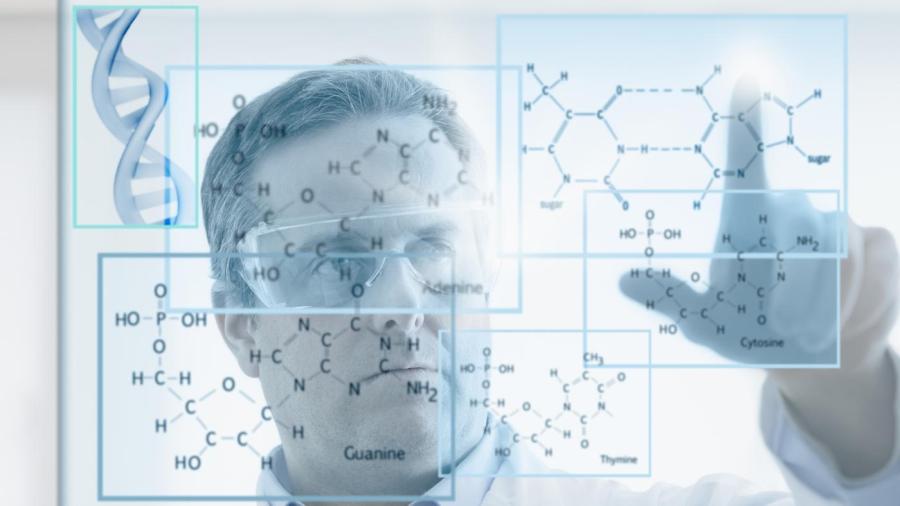What Are the Advantages and Disadvantages of Biotechnology?

The advantages of biotechnology include curing infectious diseases, creating more efficient fuels and increasing farming yields to feed more people. Disadvantages of biotechnology include antibiotic resistant bacteria, new allergic reactions and higher prices for farmers.
According to the Biology Industry Organization, biotechnology is the science of using “cellular and biomolecular processes to develop technologies and products.” Current biotechnology studies are used worldwide to solve problems such as disease as well as better detect illnesses and treat them with specifically engineered cures that would not be available in the past. Biotechnology also includes creating more fuel efficient ways to power transportation. A product from this field of science is biofuel. This altered type of fuel is used to reduce greenhouse gas emissions that can harm the ozone layer. Biotechnology is also used to create enhanced crops that are less susceptible to insects or diseases.
Biotechnology can also have harmful effects. While this technology can improve the resilience of crops, they are more expensive for farmers. The “biotech” seed can also become resistant to weed killer and can overgrow and ruin normal seeds. Along the same lines, diseases can become resistant and unresponsive to antibiotics because they are overprescribed and misused. Plants affected by biotechnology or engineering may have specific allergens than can affect food sensitive people.





